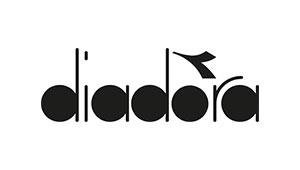Instead of worrying about calculating each and every week, it may be best to just take the total mileage over your training plan and determine the average weekly amount of extra calories you will burn. For example, if you weigh 174 pounds and you run an average of 52 miles per week over an 18-week plan, your extra burn will be 6,250 calories per week.
Now, in this case, you can see why losing even a pound per week may be aggressive. Each pound is 3,500 calories, which means you can only take in an extra 2,750 calories per week during your training, or less than 400 extra calories per day. It's likely you'll need more than that to avoid feeling constantly peckish. So it's wise to do a sanity check at this point and reconfirm your goal.
More: How to Burn More Calories on Your Run
Once you set your goal and calculate the weekly deficit needed, you can set your target weekly calorie intake. Note that I find it easier to work in weeks than days, as it's easy to go crazy over missing a day, and each day will vary both in terms of miles run and your appetite. Stick with the above example, assume a "somewhat active" lifestyle outside of running, and further assume you are 5 feet, 11 inches tall and with a reasonable half-pound per week target, you get:
- Base calorie needs = 2,400/day (16,800/week)
- Extra calorie needs = 6,250/week
- Desired deficit = 1,750/week
- Total calories/week = 21,300 (averages 3,050 per day)
More: 5 Myths About Running, Calories and Weight Loss
How to Achieve Your Weight-Loss Goals
You can find a million different ideas for improving your diet. I'm not promoting any particular approach as, frankly, I've tried nothing unique. Whether you go the Paleo route, opt to be a vegan, need to go gluten-free, or whatever, the fundamental formula is the same—your weight changes are driven by the calories you take in minus the calories you burn. Note, I wouldn't recommend a low-carb diet for a runner.
- 2
- of
- 4
About the Author

Get ACTIVE on the Go


Couch to 5K®
The best way to get new runners off the couch and across the finish line of their first 5K.
Available for iOS | Android



Discuss This Article